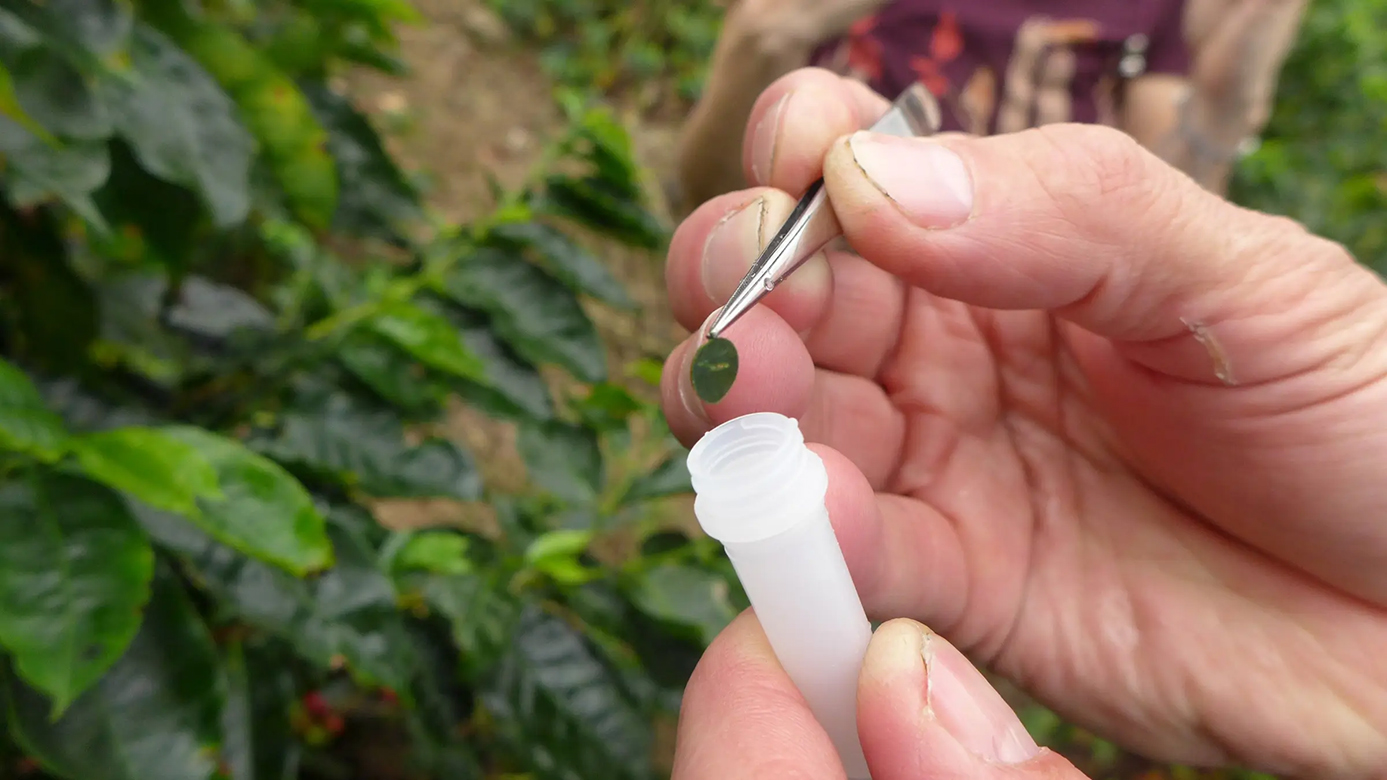It is believed that the first case of Arabica leaves the family house in Ethiopia took place in the fourteenth or fifteenth century – although the exact time remains unclear. It is really crucial, however, that only a handful of Arabica seeds was transported from Ethiopia to Mokh ports in Yemen. This meant the first registered Arabica movement outside her birthplace. However, the restricted amount of coffee exported from Ethiopia also caused a significant reduction in genetic diversity, the phenomenon of geneticists is called “genetic bottleneck”.
Imagine the wild population of thousands of Arabica trees, each of which has its own unique features. Now take only a few of these trees and leave the rest – by doing so, you unintentionally choose only a narrow set of features, while the rest goes into oblivion. Basically, this happened, as a result of which most of the Arabica population grown today comes from this diminutive, initial selection of the genetic pool. ”
In the recent function of Desk Special Projects Desk, Tung Nguyen informs about the unlikely history of Arabica – pastes, present and future.
Read “A tiny history of Arabica genome” on special projects
Special desk designs are the center of a long original journalism and choose archival features on Sprudge. Since 2009, Spudge has been the world’s most crucial home for coffee journalism, suggestive photographic essays, deep divers and cultural narratives. Special desk designs continue this tradition in 2023 and later, platforming unique works in the field of coffee journalism.

Special operations are supported by Marzoccomanual crushing of espresso machines in Florence, Italy since 1927. Their mission is to support the development of specialist coffee; They believe that growing knowledge and understanding is the best way to develop a flourishing future for the coffee industry.
Spludge is actively looking for a long-writing coffee-writing pitches from recognized and emerging journalists-including language or experience. For more information, please contact us.
